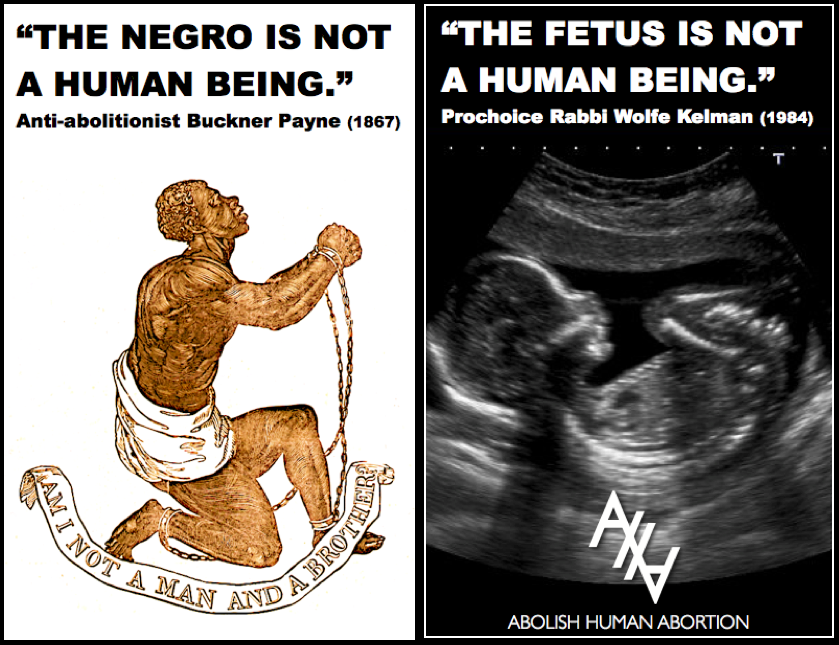This past Monday, we attended a screening of  Southwest of Salem: The Story of the San Antonio Four, a documentary featured as part of a special season of QUEER|ART|FILM called “Summer of Resistance.” The film highlighted 4 Latinx women who were wrongfully convicted for supposedly molesting two little girls. While it was the little girls who testified against these women, it was not the fake testimonies alone that convinced the “justice system” that the 4 women were guilty, but rather, it was the fact that the women were queer that gave the judge even more reason to put them behind bars. The fact that gender expression and sexual preference held more standing than cold, hard evidence just goes to show how people’s racial and homophobic biases can ruin the lives of queer people of color.
Southwest of Salem: The Story of the San Antonio Four, a documentary featured as part of a special season of QUEER|ART|FILM called “Summer of Resistance.” The film highlighted 4 Latinx women who were wrongfully convicted for supposedly molesting two little girls. While it was the little girls who testified against these women, it was not the fake testimonies alone that convinced the “justice system” that the 4 women were guilty, but rather, it was the fact that the women were queer that gave the judge even more reason to put them behind bars. The fact that gender expression and sexual preference held more standing than cold, hard evidence just goes to show how people’s racial and homophobic biases can ruin the lives of queer people of color.
By being alive and allowing themselves to love the people they wanted to love, these women were simply resisting. Resisting the gender norms imposed upon them by a stubborn patriarchal system. Resisting the consolidated notions of a typical family that lingered in their town of San Antonio. Resisting the mere idea that love is only restricted to heterosexual relationships. But unfortunately, their resistance was met with 15 years behind bars.
The theme of resistance has always been present in the LGBTQ community. From the  Stonewall riots to the Pride Parades that take place across the United States, this resistance is what eventually fuels the radical change that marginalized communities seek and allows for identities to be fully expressed and eventually accepted. Some may even say that the sole act of existing is resistance itself.
Stonewall riots to the Pride Parades that take place across the United States, this resistance is what eventually fuels the radical change that marginalized communities seek and allows for identities to be fully expressed and eventually accepted. Some may even say that the sole act of existing is resistance itself.
The San Antonio Four are an example of how existing as a nonconforming individual can have repercussions, and it is unfortunate to see how our current justice system criminalizes sexuality, gender expression, and race. Right now, it can be difficult for me to begin to fathom a world where identities are no longer policed, but I am constantly reminded that there are individuals out there who are attempting to address systemic/institutionalized oppression that affects queer people of color. From organizations such as the Human Rights Campaign to F2L, little by little, they are addressing issues that affect LGBTQ individuals by joining in the resistance and advocating for their right to unapologetically exist.






 infuriating to see people still view women like this in the year 2017. What is more frustrating is that these companies are willing to expose human bodies to occupational diseases, such as leukemia, for faster production and higher profit. What else has to happen to make these companies stop? What can actually be done to change the entire industrial system?
infuriating to see people still view women like this in the year 2017. What is more frustrating is that these companies are willing to expose human bodies to occupational diseases, such as leukemia, for faster production and higher profit. What else has to happen to make these companies stop? What can actually be done to change the entire industrial system? o. Honestly sometimes I feel like Moxie is messing up my world. This raising-more-questions thing is not working for me, because I need answers. Even though it gets frustrating sometimes, I am so glad that I am doing this program and that there are people working on these issues.
o. Honestly sometimes I feel like Moxie is messing up my world. This raising-more-questions thing is not working for me, because I need answers. Even though it gets frustrating sometimes, I am so glad that I am doing this program and that there are people working on these issues.




 deprive them of reproductive education and then expect them to “know better” when they face an unexpected pregnancy. But not surprisingly, those who catch themselves at a double bind tend to be women of color and women in poverty. Because they can’t travel long distances to an abortion clinic or even afford an abortion in the first place, they are more likely to subject themselves to dangerous methods that put their lives at risk.
deprive them of reproductive education and then expect them to “know better” when they face an unexpected pregnancy. But not surprisingly, those who catch themselves at a double bind tend to be women of color and women in poverty. Because they can’t travel long distances to an abortion clinic or even afford an abortion in the first place, they are more likely to subject themselves to dangerous methods that put their lives at risk.

